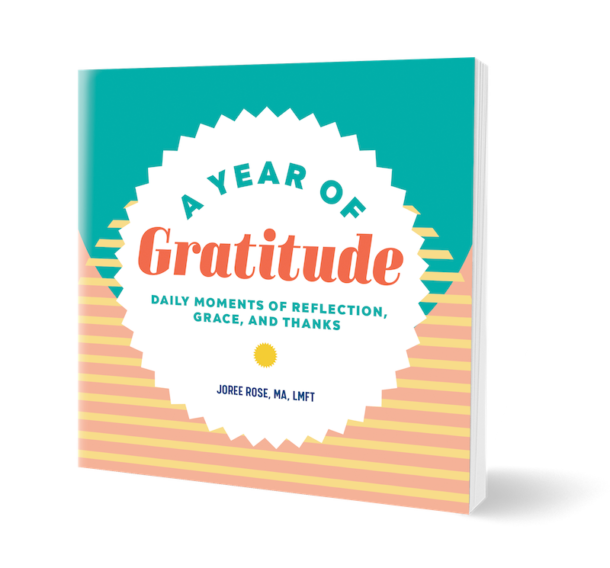 What are you holding on to, that is no longer serving you, but you aren’t able to let go of? It is so easy to get stuck in habits and patterns that keep you held to the past, mistakes, shame, old relationships, or stories that no longer apply.
What are you holding on to, that is no longer serving you, but you aren’t able to let go of? It is so easy to get stuck in habits and patterns that keep you held to the past, mistakes, shame, old relationships, or stories that no longer apply.
There are many reasons that we hold on, even though we know it’s in our best interest to let it go. But even when you are ready to let it go, many people ask, “But, how do I let my sh*t go???”
Well, this is far from a complete list, but it is a good start…
1. Be in the present moment. Your mind is going to wander to the past and to the future, both of which will increase anxiety and depression. If you are stuck in the past, you are likely to be ruminating; if you are in the future you are likely feeling anxious over what you can’t control. Your best bet – focus on the present moment. Use your breath as a tool to continuously draw you into the here and now.
2. Recognize what you can change, and what you can’t. It’s like the serenity prayer…recognize what you can and can not change, and the wisdom to know the difference. You can only control two things: your breath, and your responses (or reactions) to others or situations. You can begin to create new habits and patterns of responding when you notice yourself getting triggered.
3. Practice self-compassion. In my book, the opposite of judgment is self-compassion. For so many people, their inner critic is awfully loud, talking to them in a tone and manner that you wouldn’t talk to an enemy! Practicing self-compassion is increasing your friendliness to yourself, becoming your own best friend, talking to yourself in a tone and manner that you would someone you love, and acknowledging “this is hard.”
4. Naming what is arising. I know it seems easier said than done, but naming (either aloud, or in your mind) how feel slows your emotional reaction in your brain. Name the emotion or thought and say to yourself, “Oh look, I’m thinking about ___________ again. There it is…this is what _____________ (sadness, fear, loneliness, anger…you fill in the blank) feels like.” It’s overly simplified, I know – but just try it. Naming it helps to create space and in that space you have the freedom to choose your response.
5. Acknowledge how hard it is to let go. Simply noticing the challenge can help to free you up from it. Habits and patterns can be hard to break, but with awareness, attention, and intention, anything is possible. And change can exist from small baby steps; it doesn’t have to be big significant changes.
6. Honor the small things. Try not to get stuck on what you haven’t done, but honor what you have. Letting go can take time, so be proud of what you’re doing to work towards that intention, rather than focus on where you still need to get to.
7. Practice forgiveness. If you are angry at someone, likely your continued anger is not going to change their behavior. But letting go of your anger can change you. People often have a hard time with forgiveness because they don’t want to feel like they were allowing the negative behavior, but holding on to it, only increases your own suffering.
8. Ask yourself how staying stuck in your story is serving you? It could be that holding on gives you an identity. I like to ask the question, “Who would you be without your story?”
9. Meditation. During meditation, you are increasing space between your thoughts, emotions, sensations and practicing having a more skillful response to them. When you notice the thoughts or emotions come in, you can give them room to exist and then intentionally shift your mind’s attention into a place that is serving you – into your breath, your body, your senses, gratitude, compassion, lovingkindness…With practice it does get easier!
10. Mindfulness. Mindfulness is the combination of being in the present moment, while allowing whatever is arising to exist, without judging it. This open monitoring of allowing what is arising gets easier when practicing meditation, and over time, these tools to rewire the brain towards new neural pathways become more second nature.
Letting go can be one of the hardest things to do. And yet not letting go keeps us shackled to the past in pain and discomfort.
“To let go does not mean to get rid of. To let go means to let be. When we let be with compassion, things come and go on their own.” –Jack Kornfield

